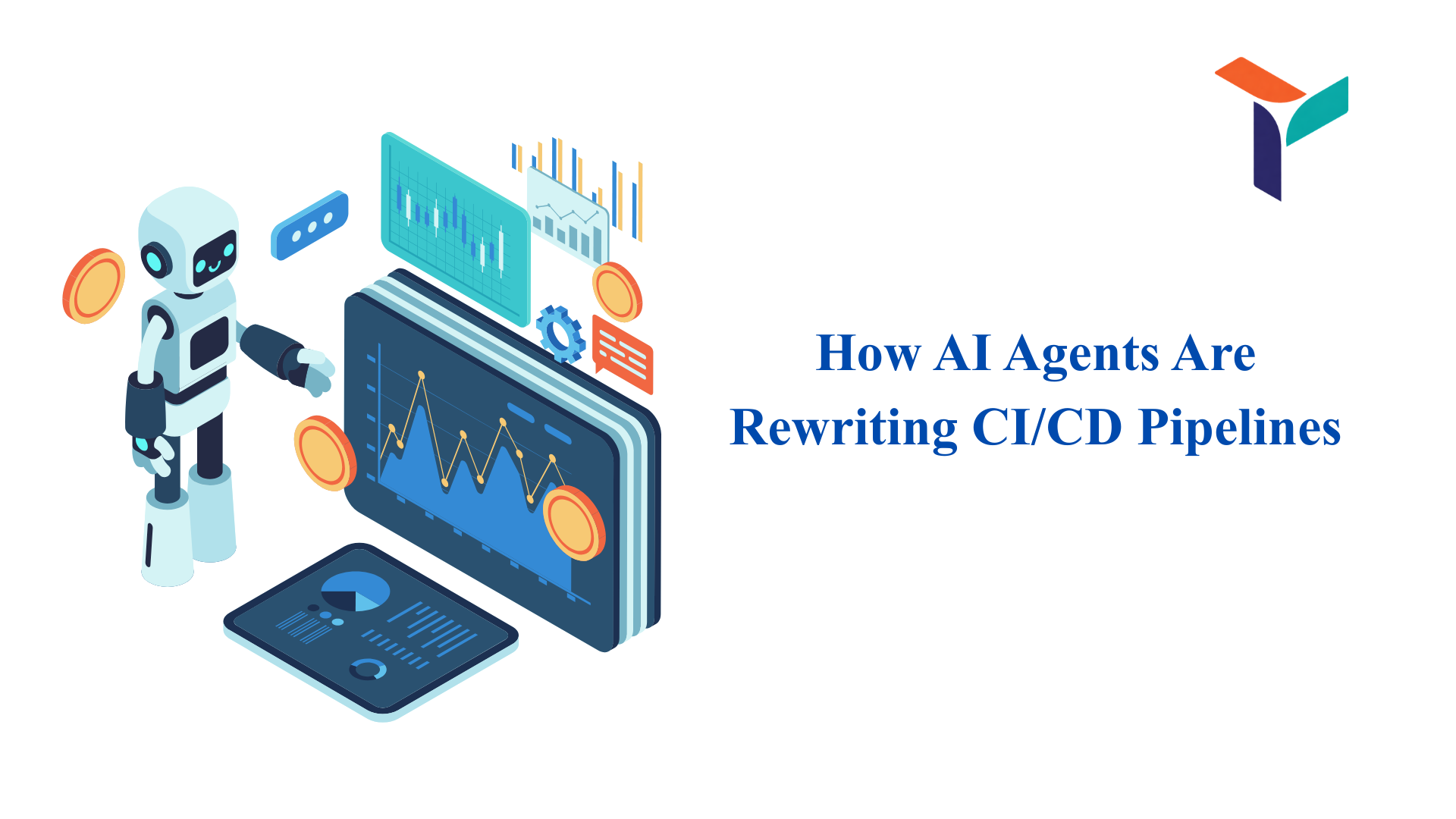Artificial Intelligence is no longer a futuristic buzzword. It has become a central force in how mobile applications are designed, built, and used. From personalization to predictive analytics, AI in mobile apps now plays a decisive role in shaping digital experiences across industries.
The role of AI can be summed up as making apps smarter, faster, and more responsive. It helps businesses understand their users better, anticipate their needs, and provide real-time support. By combining data-driven insights with automation, AI enables apps to deliver experiences that feel seamless and human.
Businesses are prioritizing AI integration in apps because it strengthens competitiveness. It increases engagement, lowers costs, and improves decision-making. In a crowded app marketplace, AI is the difference between standing out and being forgotten.
Let’s explore the role of AI in mobile apps and how it’s transforming the development landscape.
The Role of AI in Modern Mobile App Development
AI doesn’t just add features; it transforms the foundation of app development. It turns static applications into adaptive, intelligent platforms that evolve with user behavior. Each role AI plays ties directly to user expectations and business growth.
Personalization and User Experience
AI powers personalization by delivering tailored recommendations, customized feeds, and dynamic content delivery. Think of Netflix suggesting shows or Spotify curating playlists. This is AI working behind the scenes to keep users engaged and loyal.
Conversational Interfaces with Chatbots
Chatbots powered by ChatGPT API and advanced natural language processing (NLP) deliver human-like conversations. Apps equipped with these tools provide instant answers, 24/7 support, and smoother customer service experiences without adding heavy overhead costs.
Predictive Analytics for Smarter Apps
With machine learning in apps, businesses can forecast user actions and anticipate needs. A fitness app may predict when you’ll work out next, while an e-commerce app suggests items based on browsing history. Predictive analytics doesn’t just inform users — it guides them.
Automation and Task Efficiency
AI reduces repetitive work. From automated scheduling to streamlined customer interactions, it cuts down manual input and accelerates response times. For developers, this means freeing up resources. For users, it means faster, more efficient experiences.
Security and Fraud Detection
AI strengthens app security through real-time anomaly detection. Financial and e-commerce platforms in particular benefit from machine learning models that flag suspicious behavior before it escalates. By identifying fraud early, apps build trust and keep users safe.
AI Use Cases vs. Business Benefits
| AI Application | Business Benefit |
| Personalization | Higher user engagement and retention |
| Chatbots | 24/7 support and cost reduction |
| Predictive Analytics | Better decision-making, user insights |
| Automation | Increased efficiency, lower costs |
| Fraud Detection | Improved trust and security |
Essential Tools for AI Integration in Apps
Before diving into implementation, developers should know the most effective tools driving AI integration in apps today.
TensorFlow Lite
A lightweight framework designed for running machine learning models directly on mobile devices. It enables apps to deliver AI features without depending heavily on cloud connectivity.
ChatGPT API
This API powers conversational interfaces. It allows developers to add advanced chatbot and assistant capabilities, enabling apps to interact with users in natural, human-like language.
NLP Frameworks
Natural language processing frameworks give apps the ability to understand and interpret text or speech. They are the backbone of sentiment analysis, translation, and smart search.
Emerging AI Trends in Mobile App Development
The landscape of AI app features is evolving quickly. Developers must stay aware of the latest trends to stay competitive.
On-Device Machine Learning
More AI tasks are now being performed locally on smartphones. This improves privacy, reduces latency, and ensures users can benefit from AI features even when offline.
Voice Assistants and Multimodal AI
Mobile apps are blending voice, vision, and gesture recognition to create immersive, multimodal experiences. This trend is particularly strong in lifestyle, health, and smart home applications.
AI-Powered Testing and Automated QA
AI tools are increasingly used for app testing. They can spot bugs faster, automate repetitive QA tasks, and accelerate release cycles without compromising quality.
FAQs
How is AI used in mobile apps today?
AI is used for personalization, chatbots, predictive analytics, automation, and fraud detection.
Is AI integration expensive for mobile apps?
It depends on scope, but frameworks like TensorFlow Lite make integration more affordable and efficient.
Do all apps need AI features?
Not every app requires AI. However, apps with high interaction levels or significant data flow benefit the most.
What is the best AI tool for mobile apps?
TensorFlow Lite and ChatGPT API are among the most widely adopted tools for building intelligent mobile features.
How does AI improve user experience in apps?
By delivering tailored recommendations, predictive insights, real-time support, and adaptive interactions.
Conclusion
AI has moved from being an optional feature to a necessity in app development. From personalization and predictive analytics to chatbots, automation, and fraud detection, each role AI plays contributes to stronger engagement, efficiency, and trust. The essential tools like TensorFlow Lite, ChatGPT API, and NLP frameworks make these roles easier to implement, while trends such as on-device learning and AI-driven QA point to the future.
For businesses, the message is clear. To stay competitive, apps must adopt AI not just to keep up, but to stand out. Those who integrate AI successfully will deliver better experiences, retain more users, and gain a clear advantage in the market.
Transform your mobile app with TRIOTECH SYSTEMS, your trusted AI development partner.




